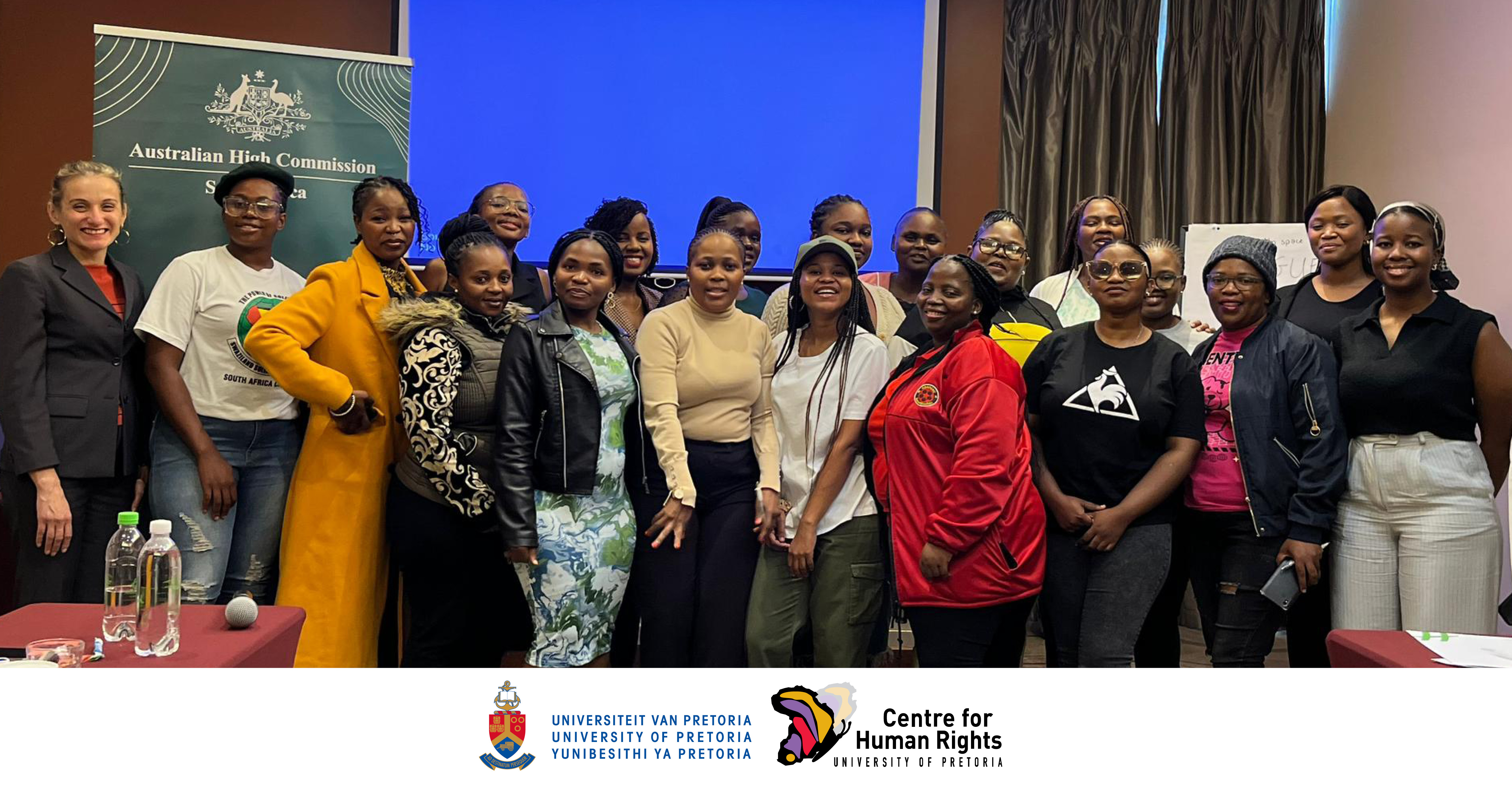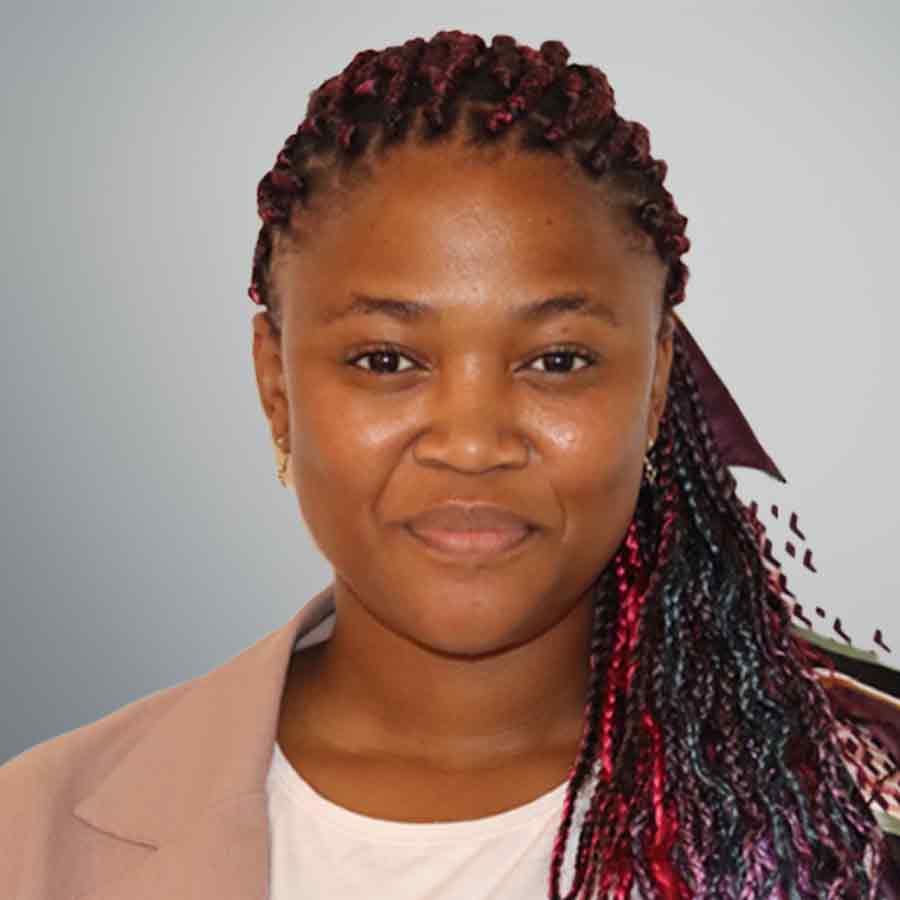On the eve of the International Day Against Homophobia Biphobia and Intersexism (IDAHOBIT) on 16 and 17 May, the Centre for Human Rights, Faculty of Law, University of Pretoria took part in a pivotal workshop aimed at fortifying the digital advocacy landscape in human rights activism within the Southern African Democratic Community (SADC) region.
The event, titled ‘Effective Utilisation of Digital Civic Space’, was hosted by the The Southern Africa Human Rights Defenders Network (Southern Defenders) funded by Australian Aid, and aimed to advance ways to harness the internet as a tool for digital advocacy and the advancing of human rights in the digital civic space.
The training was motivated by the realities of social media becoming an increasingly important arena for defending human rights and advocating for social change, and a need for human rights defenders to have practical skills, knowledge, and strategies to effectively leverage digital platforms while upholding ethical and responsible practices.
Throughout the sessions, participants were engaged in conversations and case studies on Online Gender-Based Violence (OGBV), Internet bullying and harassment, as well as the relevant normative standards in regional and international law aimed at protecting the rights of civilians within the digital sphere, and specifically on social media.
Thobekile Matimbe, Senior Manager at Paradigm Initiative (PIN) and alumnus of the Human Rights and Democratisation in Africa (HRDA) master’s program, led illuminating sessions covering a spectrum of topics vital for navigating the online realm as a human rights defender. These included basic digital safety, as well as cases addressed, and policies applied by Meta Oversight Body (OB) in addressing online gender based violence, cyberbullying and harassment.
Matimbe also expertly guided the participants through an understanding of the African human rights system with a focus on Resolutions 580 on Internet Shutdowns and Elections in Africa, Resolution 573 on the deployment of mass and unlawful targeted communication surveillance and its impact on human rights in Africa’ and Resolution 473 on the need to undertake a study on human and peoples’ rights and artificial intelligence (AI), robotics and other new and emerging technologies in Africa.
The attendees shared an interest in holding states accountable to the calls within the resolutions, as well as sharing these instruments with their networks; as a way of strengthening the protection of human rights and promoting safer digital spaces.
One of the participants, Nombulelo Ngcamphalala from the Foundation for Socio-Economic Justice (FSEJ) shared how,
“We ought to organise such workshops more often and educate human rights defenders on their digital rights so they can incorporate digital rights education into their human rights education”. Ngcamphalala continues that, “with the information I have acquired here I will brief the FSEJ partners and ensure that we include digital safety in our process of security plan development that is ongoing in our organisation”.
Matimbe's expertise ignited discussions on leveraging digital platforms for social justice and resilience, through literacy on the policies and avenues available for reporting harm and discrimination that compromises the enjoyment of human rights.
The training managed to empower and equip advocates with the tools and knowledge to champion human rights in the digital age, and a time where human rights are constantly under threat.

Tel: +27 (0) 12 420 3151
landilani.banda@up.ac.za



